As more and more people are becoming conscious about their health, going for a gluten-free diet is one of the many options that many individuals are taking. Needless to say, this diet may not need any further introduction as it is already well-known by most. It is documented that a gluten-free diet can help in easing of digestive symptoms, reducing chronic inflammation, boosting energy, and promoting weight loss.
Undoubtedly, a wide range of consumers with different health goals can benefit from a gluten-free diet. If you are an entrepreneuring individual, targeting this market can be a wise move. It can be one solution to the dwindling income you are experiencing right now.
To be able to choose a wholesaler of gluten-free products, here are some tips that can help you out.
Quality Products
 There is no doubt that every business’ best selling point is the quality of its products as most consumers nowadays are choosy because they are well-informed. This should be the reason to look for the wholesaler with the highest quality gluten-free products that you can be proud of. If you are proud of the products that you are selling, there may be nothing that will be holding you back from promoting it extensively.
There is no doubt that every business’ best selling point is the quality of its products as most consumers nowadays are choosy because they are well-informed. This should be the reason to look for the wholesaler with the highest quality gluten-free products that you can be proud of. If you are proud of the products that you are selling, there may be nothing that will be holding you back from promoting it extensively.
So when choosing gluten-free products to sell, they should be a complete package from the taste to the appearance, and packaging.
Wide Range of Products
Even if you have chosen to go gluten free in your diet, it does not mean that you are contented with consuming the same kind of foods every time. A wholesaler of gluten-free products with a wide range of goods will give more options for your customers. For sure, you will earn more because your buyers will be trying all your products. If you have limited goods, your customers will surely be looking for new products to try.
International Shipping
 Undoubtedly, you will have limited products if you only sell what is locally produced. There is also a chance that many of your competitors are selling the same products as you. So that this will not happen, finding a wholesaler that ships products globally can be the best way. Just make sure that shipment is quick to reach you. Of course, when it comes to selling any kind of food, you have to sell them fast before their expiration date.…
Undoubtedly, you will have limited products if you only sell what is locally produced. There is also a chance that many of your competitors are selling the same products as you. So that this will not happen, finding a wholesaler that ships products globally can be the best way. Just make sure that shipment is quick to reach you. Of course, when it comes to selling any kind of food, you have to sell them fast before their expiration date.…

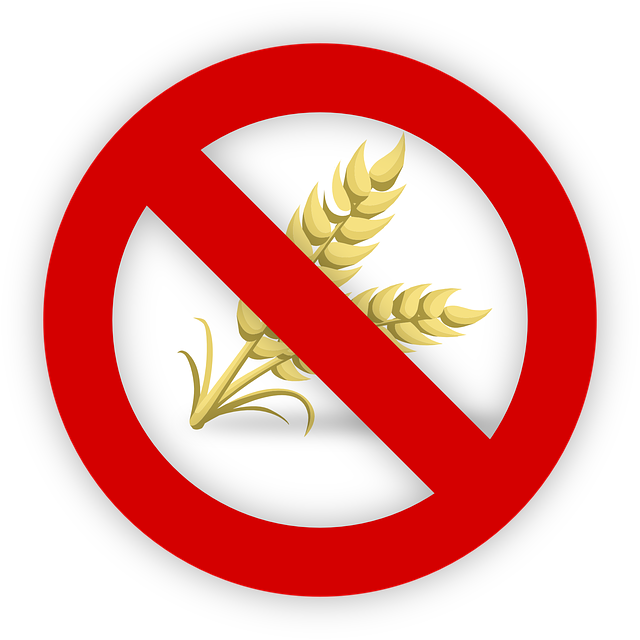
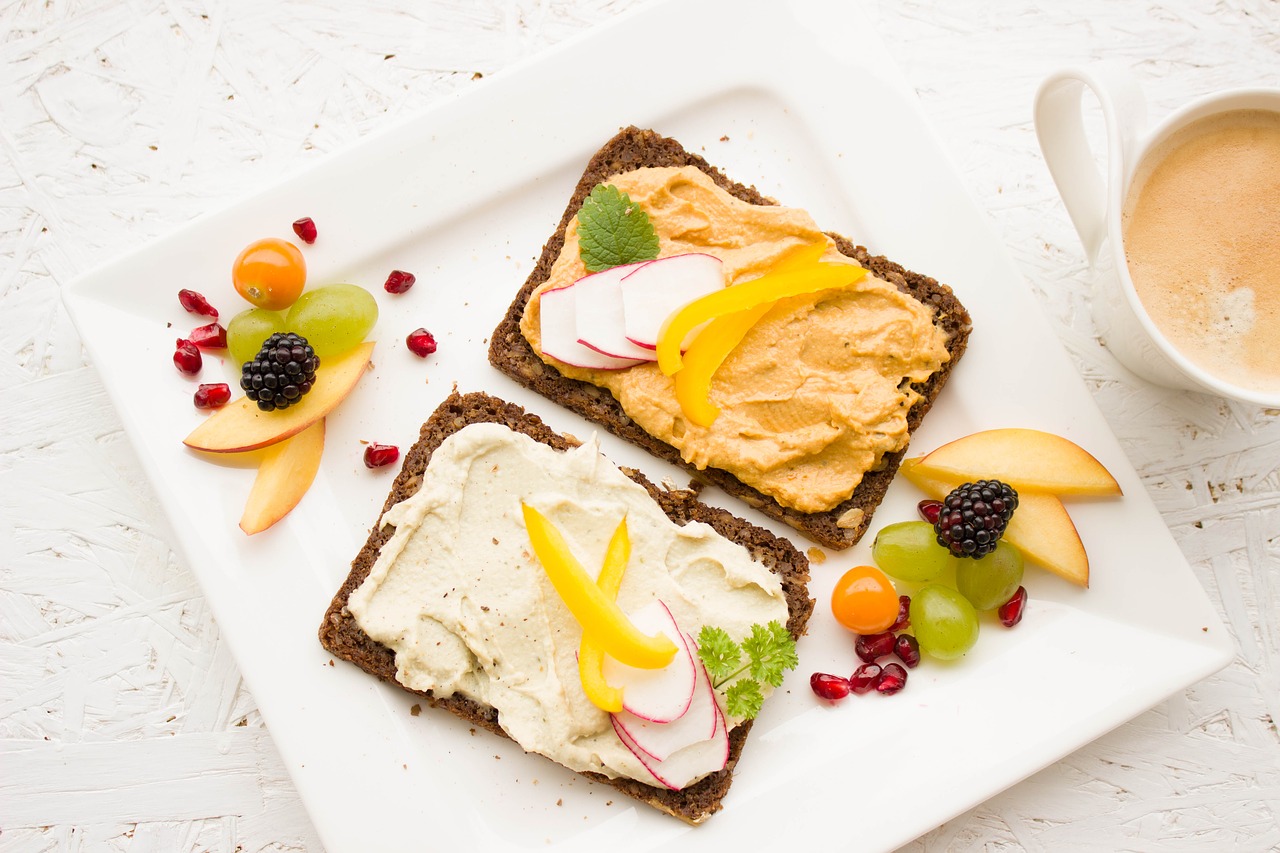
 Carrageenan is made out of red seaweed, which can also be called Irish moss. It has very good emulsifying qualities, and are often used as food additives in various products as emulsifiers. The strong binding properties of carrageenan make it possible for it to be a substitute or alternative to gelatin. It is widely used around the world to replace gelatin in making various sorts of food and desserts.
Carrageenan is made out of red seaweed, which can also be called Irish moss. It has very good emulsifying qualities, and are often used as food additives in various products as emulsifiers. The strong binding properties of carrageenan make it possible for it to be a substitute or alternative to gelatin. It is widely used around the world to replace gelatin in making various sorts of food and desserts.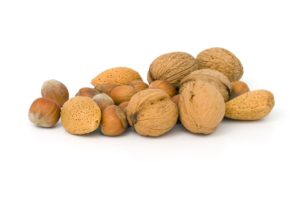 Nuts and soy are very versatile alternatives in the vegan world. It can be used instead of a lot of things. Nut milk and soy milk can both be great alternatives to replace your daily intake of cow’s milk. You can also find that you can make dairy-free cheeses out of nuts. Soy products like tempeh and tofu are replacements for meats. You can use them in various dishes when they require meat. Nut and soy products are all very rich in protein. They are great alternatives to substitute your daily intake of meat proteins. Other than that, they are also healthier and with the right amount, you can fulfill your daily protein needs.…
Nuts and soy are very versatile alternatives in the vegan world. It can be used instead of a lot of things. Nut milk and soy milk can both be great alternatives to replace your daily intake of cow’s milk. You can also find that you can make dairy-free cheeses out of nuts. Soy products like tempeh and tofu are replacements for meats. You can use them in various dishes when they require meat. Nut and soy products are all very rich in protein. They are great alternatives to substitute your daily intake of meat proteins. Other than that, they are also healthier and with the right amount, you can fulfill your daily protein needs.…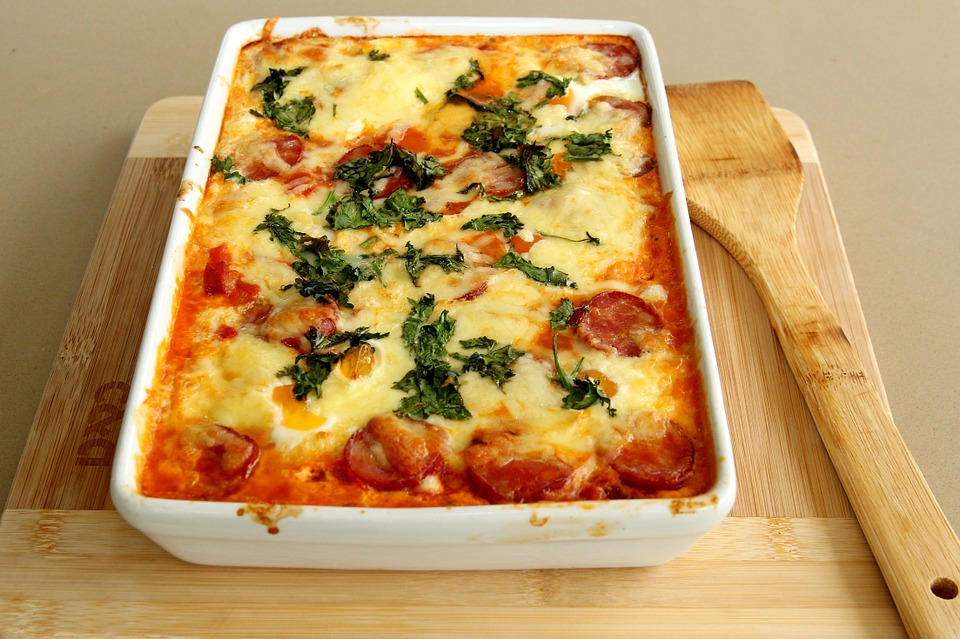
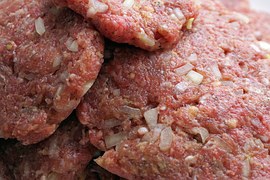
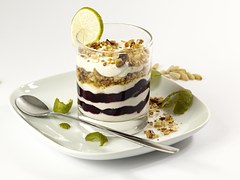 uld note that milk does contain sugars and all the dairy products on the market are made from milk. Even heavy cream and fatty cheeses contain carbs but in low levels. The only dairy product that has zero carbs is butter.
uld note that milk does contain sugars and all the dairy products on the market are made from milk. Even heavy cream and fatty cheeses contain carbs but in low levels. The only dairy product that has zero carbs is butter.